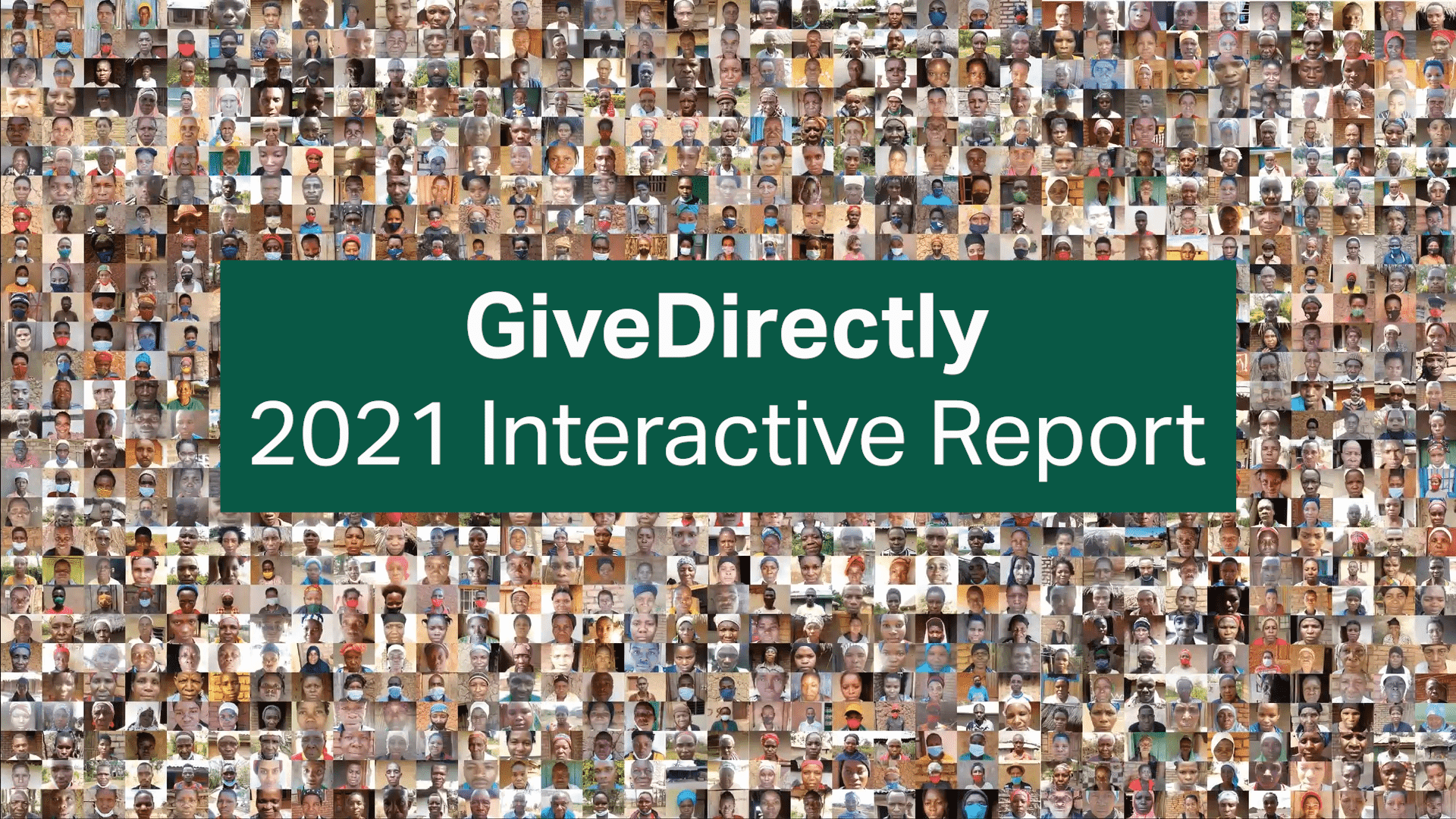You’ve likely been impacted by the cost of living crisis: U.S. gas prices spiked this summer and energy prices are still at all-time highs across Europe. While overall inflation in high-income countries is at 6%, in low-income countries it’s at 9%. Consumers in wealthy countries can often switch from higher-quality goods to lower-quality ones, an […]
Blog
Candid thoughts from staff, donors, and recipients on our work and the broader movement towards cash transfers.
Opinions
Why we work in the United States
GiveDirectly began delivering cash donations in Kenya, but we’ve run programs in the United States for the past five years: first responding in 2017 to Hurricane Harvey in Texas and Hurricane Maria in Puerto Rico. When COVID-19 hit, we launched Project100, the largest donor-funded cash aid program in U.S. history. Beyond emergency response, we have […]
Opinions
Why giving directly still means giving well
When we set out to build GiveDirectly, we hoped not only to shift resources and decision-making to those in extreme poverty but also to increase the effectiveness of the sector as a whole. The effective altruism movement and organizations including the Centre for Effective Altruism, GiveWell, The Life You Can Save, and many others have […]
Research
Research on our U.S. COVID-19 program found little measurable impact. We’re adapting.
Between March 2020 and October 2021, GiveDirectly distributed $1,000 one-time relief payments to nearly 200,000 low-income households as part Project100, the largest privately funded cash transfer program in U.S. history. Researchers at University of Michigan ran two randomized controlled trials to evaluate this program, focusing on the impact on recipients’ material and mental well-being. The […]
Recipients, Research
We asked people in poverty how they prefer to receive money
In the past two years, 182 countries launched cash aid programs, recognizing the autonomy they provide people in poverty to make decisions for themselves. In many cases, however, aid recipients have limited control over exactly how they get their cash transfers. While the total amount might be fixed, the frequency and size of payments and the […]
Research
Study: refugees build independence with cash aid
Worldwide, over 26M people have fled their country of birth and today live as refugees, often in conditions of insecurity and deprivation. Despite hundreds of studies showing the positive impact of direct cash aid on people in poverty, only a few focused on refugees (1, 2) and no large experimental study had been conducted on […]
Operations
Building aid applications that are actually accessible
U.S. guaranteed income pilots have limited funds so ultimately reject most eligible applicants. As administrators of anti-poverty programs, we have a responsibility to run an equitable and easy process both for those randomly selected to enroll and those who are not. We launched applications for two guaranteed income efforts in Chicago and Georgia in the […]
Operations
Why we didn’t launch in Ukraine
When Russian troops attacked Ukraine on February 24th, disrupting the future of millions of people, we needed to quickly decide if we would launch a response despite rapidly changing conditions. Ultimately, we decided not to launch one. While a response seemed warranted, it would have come with costly internal trade offs – primarily, delaying a […]
Operations
2021 Report
Recipients
We gave single-use cameras to 4 villages — see what they captured
Last month, we distributed Fujifilm QuickSnaps to select recipients in Kenya, Rwanda, and Liberia and asked them to document their village as they received cash transfers. Over the course of November, these photographers captured their neighbors’ stories and projects. Our team returned at the end of the month to collect the cameras, the details, and […]
